It is an inherited condition that affects cells responsible for producing mucus sweat or other secretions.
It affects almost all systems of the body, including the digestive system and reproductive system. Cystic Fibrosis causes secretions to become thicker than normal. These secretions are not lubricants, but they can cause adverse effects and block the pathways to the lungs and pancreas.
Signs
The symptoms can vary from one patient to another, and sometimes the same patient will experience both worsening or improvement. Because it affects all secretory cells of the body, its symptoms can be seen in different parts.Symptoms of the respiratory system
Lung lubricant thicknesses that are higher than normal can cause breathing problems and other health issues, such as asthma.- You can cough with thick mucus.
- You can hear your lungs squeezing
- Due to a restricted pathway, you may need to practice intolerance
- Stuffy and inflamed nose
- Sinusitis
Digestive system symptoms
Different secretions are produced by our digestive system. They contain enzymes and other ingredients for digestion. The secretions from the pancreas can block the pancreatic tube and small intestine, which can cause many complications.- Diabetes
- Intestinal obstruction
- Pancreatic obstruction
- Constipation severe
- Bile can cause liver disease
- Foul-smelling, greasy stool
- Poor weight gain
Reproductive system symptoms
- Cystic fibrosis affects almost all males. The tube that connects the testes to the prostate gland is blocked, or it’s missing.
- Cystic fibrosis women are not infertile, but they have lower fertility than normal women. They can still conceive babies but their symptoms may get worse.


